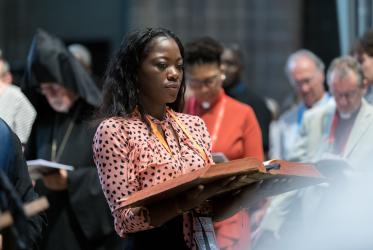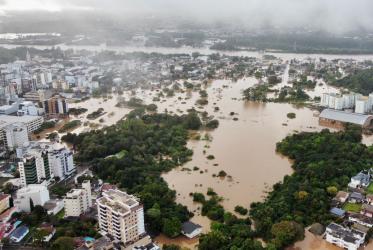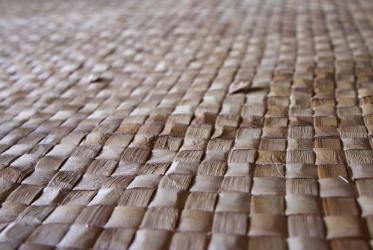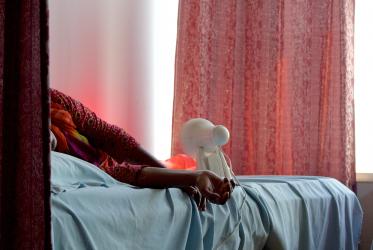Displaying 1 - 20 of 68
WCC will host consultation on evangelism and formation in Latin America
20 September 2023
In wake of floods in Brazil, WCC expresses concern and solidarity
09 September 2023
Migrants in Argentina find listening ears and open hearts
04 November 2022
WCC stands in solidarity with victims of major flood in Brazil
17 February 2022
Webinar brings Pacific voices for a new creation
10 February 2021
WCC podcast deals with death and dying
15 December 2020
Applications open for WCC Eco-School
22 October 2020



















